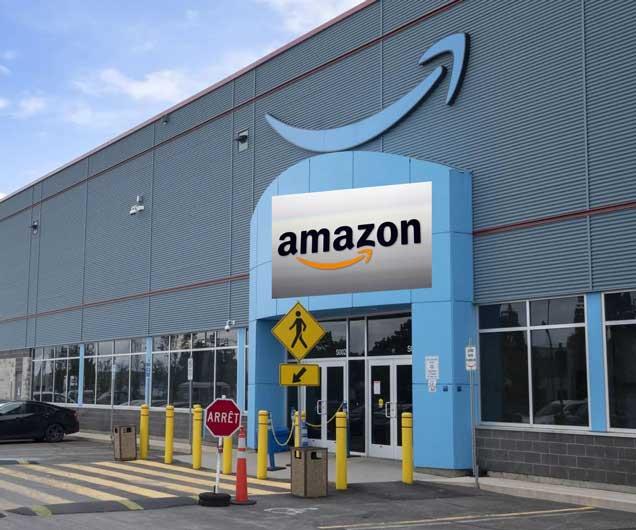
Amazon has announced the closure of all seven of its warehouses operating within the province of Quebec. This decision will lead to the layoff of 1,700 permanent employees.
In a significant move, Amazon will cease operations at all its Quebec-based warehouses, impacting 1,700 permanent staff members who will be laid off.
Amazon is shutting down all its Quebec warehouses, resulting in approximately 2,000 job losses over the next two months. The company framed the decision as a step to deliver "long-term savings" to customers while denying connections to recent unionization efforts in the province.
In May 2024, workers at a Laval warehouse became the first in Canada to unionize, following a similar move by workers in Staten Island, N.Y. Amazon contested the unionization process, but in October, Quebec’s Tribunal administratif du travail ruled against the company, affirming the union's legitimacy.
The closures involve one fulfilment centre, two sorting centres, three delivery stations, and a large-parcel delivery station. The decision impacts 1,700 permanent employees and 250 temporary seasonal staff.
Caroline Senneville, president of the Confédération des syndicats nationaux (CSN), criticized the move as an anti-union tactic. She pledged to challenge Amazon's decision legally, citing past cases like the 2014 Supreme Court ruling against Walmart for closing a store in Quebec after workers unionized.
Félix Trudeau, a union leader and Amazon worker, described the layoffs as an attack on labour rights, pointing to workplace injury rates and stagnant wages as key union concerns. He revealed union demands for higher wages and improved working conditions, contrasting with Amazon’s 2024 pay increase report, which raised the starting wage for many roles to $22.25 per hour.
Labor experts like Stephanie Ross from McMaster University suggested that Amazon’s decision undermines union efforts by shifting to a third-party delivery model. This approach often employs independent contractors, making collective bargaining more difficult.
Amazon stated that returning to third-party carriers aligns with its business goals. Federal Minister François-Philippe Champagne and Quebec Premier François Legault expressed concern for the affected workers, with the provincial government offering training programs to help them find new jobs. However, both refrained from directly criticizing Amazon’s decision, emphasizing it as a private business matter.
Leave a comment
Your email address will not be published. Required fields are marked *


